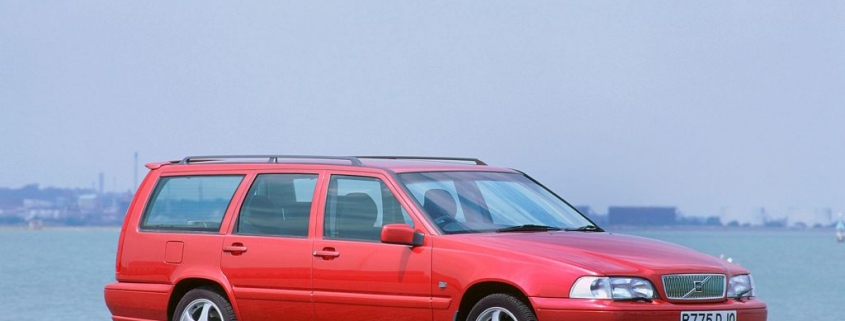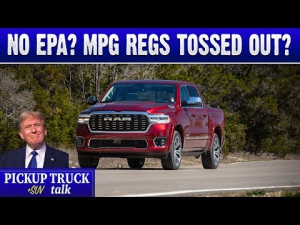Whatever Happened to Station Wagons in the U.S. Auto Market?
If you’re of a certain age, you remember the days when station wagons filled the roads. Mom and Dad piled the kids in the back for everything from getting around town to long summer road trips. Car buying has changed over the years, though, and these days, station wagons are harder to find in the U.S. market. The minivan and SUV have largely taken over from their more compact ancestors.
Wagons of the past
Spicer Collector Car Profile reminds us that station wagons used to be all the rage among American manufacturers but calls them a “dead memory” today. So, what were the more popular models that have long since disappeared?
According to MotorTrend, the classic American station wagon could be found hitting the road starting with its invention by Ford in the 1910s and stretching all the way through the 70s. The first Ford wagon was a wood-bodied Model T used mainly for transporting goods from train stations. (Get it? That’s why it’s called a “station wagon.”) In the 1930s, Ford produced a V8 build, with a 60 or 85 hp engine choice. Clearly, this vehicle wasn’t for the masses. Ford described it as “for transporting a weekend party to the yacht, to the stables, the lodge, or the cottage by the seashore, it is ideal since it enables the party to travel en masse, taking supplies with them in comfort.”
The upper-middle-class got in on the game with the 1942 Chrysler Town and Country release, which stayed popular for decades. Another go-to model for American families starting in the 1950s was the Rambler from American Motors. MotorTrend says of the 1956 Rambler that “what made this Rambler so freaking cool was its body style, a four-door pillarless hardtop station wagon, the first in the U.S. industry.” The Ford Country Squire and the Oldsmobile Vista Cruiser were also big hits with consumers around the mid-century.
Sales take a nosedive
Station wagons stayed popular through the 1970s, but after that, things took a turn for the worse for the iconic American car. When Chrysler released the first minivans in 1984, their larger size made them more appealing to customers. The rise of the SUV and crossovers some decades later continued the trend away from the station wagon.
Some manufacturers have continued to develop wagon models in the hopes of breaking through to consumers. However, they’ve often run into trouble with sales. Take Acura, for example. Few people know that the Acura TSX had a wagon variant, the TSX Sport Wagon, which debuted in 2011. The model didn’t last long, however, and was discontinued in 2014. At the height of its “popularity” in 2012, only 4,000 of the cars were sold.
Some wagons have bucked the trend
Despite the wagon’s troubles, there’s still a core group of consumers out there who find this type of car the perfect combination of sport utility and compact economy. The Subaru Outback comes in at or near the top of most lists of best wagons on the current market, although it recently got beat out for the number one spot on U.S. News’s list by the Audi A4 Allroad. Despite that hiccup, Subaru did top Car and Driver’s list of best wagons of 2021, so it’s still got plenty of momentum behind it.
Other cars appearing on different lists of great wagons include the Mercedes-Benz E Class and the Volvo V60 and V90. However, according to Autoweek, what’s got some customers especially excited these days is the prospect of a new electric Volkswagen model that will be introduced in 2023. The ID. Space Vizzion, as it’s currently envisioned, is a large wagon with a 300-mile range and a vegan interior called AppleSkin, produced with materials derived from apple juice production.
Though station wagons aren’t as popular as they were decades ago, there are still more models out there to choose from than you might expect — even budget-friendly models such as the Honda Fit and the Mitsubishi Mirage. So if you’re car shopping for a roomy yet economical vehicle, a station wagon may be just your ticket to ride.
RELATED: The History of the Station Wagon
The post Whatever Happened to Station Wagons in the U.S. Auto Market? appeared first on MotorBiscuit.







